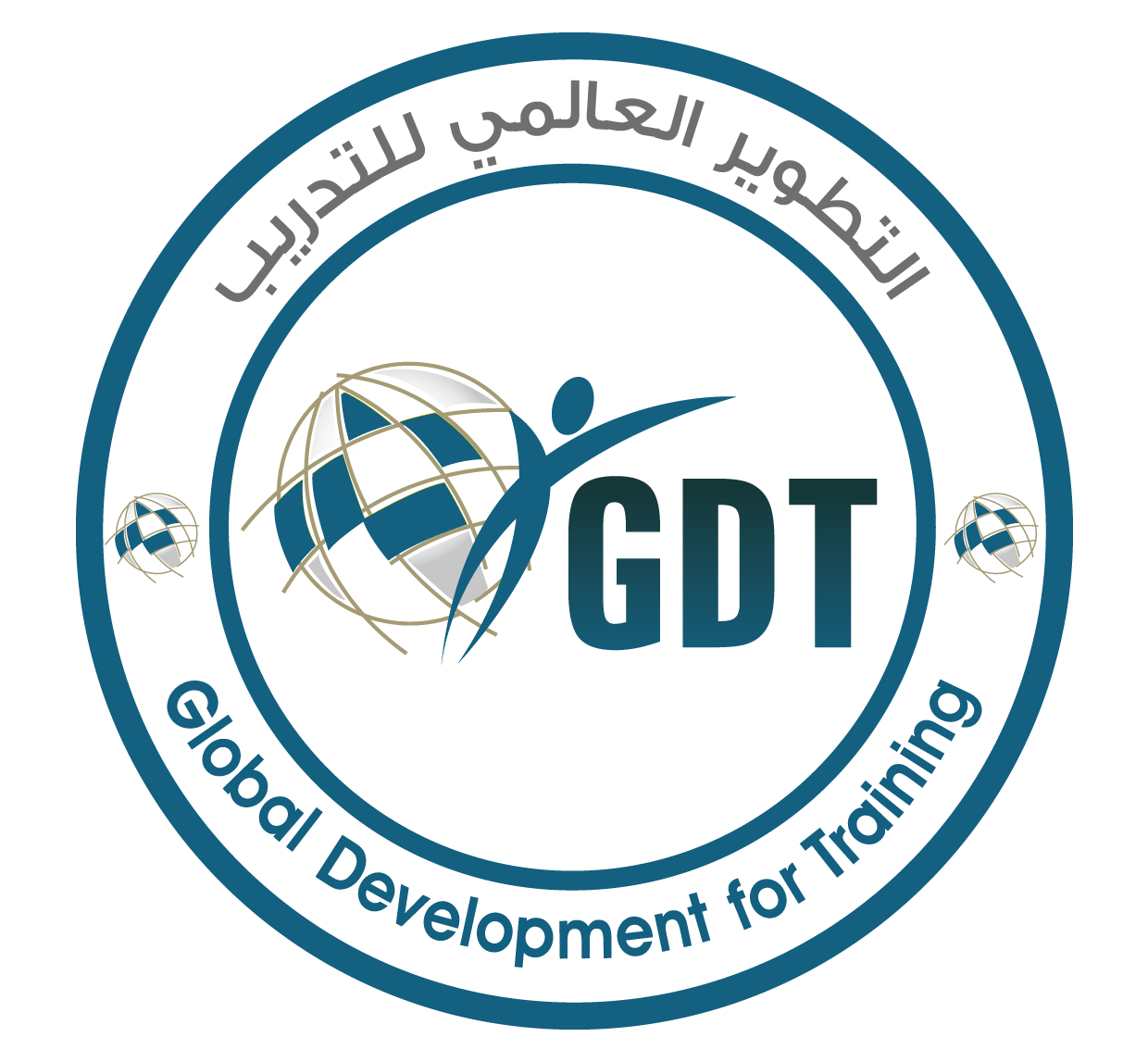- Duration: 5 Days
Course details
Introduction:This Program is designed to enable delegates to make corporate financial decisions in an increasingly volatile international marketplace in order to increase profitability, maintain liquidity and reduce financial risk.
This module follows the growth of a company from the development of a strategic corporate financial plan, the raising of finance, the preparation and management of budgets to support the plan, the management of financial risk and ultimately the measurement and evaluation of performance.
Corporate planning, budgeting and control are essential for effective management of modern organizations. Effective planning, budgeting and control lead companies to their Mission, Vision and Goals.
Objectives:
By the end of this program the participant will able to know:
- Develop effective corporate financial plans aimed at maximising return and minimising risk
- Evaluate the various methods of finance and make successful capital investment decisions
- Prepare, manage and control budgets to support the corporate financial plans
- Identify and manage financial risk effectively
- Measure and manage performance effectively
- Create opportunities for your personal development and increased financial awareness
Outline:
Corporate Financial Planning
- Strategic Planning
- The Objective of the Firm - meeting Shareholder & Stakeholder Objectives
- Agency Theory - the relationship between Shareholders & Management
- Creative Accounting and the Case of Enron
- Financial Management & Financial Planning - the Scope, Role & Responsibilities of Financial Management
- Preparing a Financial Plan - the Master Budget
- Forecasting Future Cash-flows and Financial Modelling
- Time Series Analysis, Correlation & Regression
- Sources of Finance - Long Term & Short Term
- Evaluation of the Types of Finance - Equity vs. Debt Finance
- Hybrid Finance & Financial Engineering
- The Dividend Decision
- The Cost of Capital and Weighted Average Cost of Capital (WACC)
- Capital Asset Pricing Model (CAPM)
- Accounting Rate of Return (ARR)
- Net Present Value (NPV), Internal Rate of Return (IRR) Capital Rationing & Payback
- Definition of Budgets, the Budgetary Process and Budgetary Control
- Types of Budgets-Fixed, Flexible, Incremental and Zero Based
- The Purpose / Benefits & Problems / Limitations of Budgets
- Setting / Implementing Effective Budgets - Eliminating the Problems
- Responsibility Accounting and Absorption Costing
- Activity-Based Budgeting / Costing (ABB, ABC)
- Variance Analysis, Cost Behaviour, Break Even Analysis & Sensitivity / What If Analysis
- What-If Analysis combined with Du-Pont Analysis
- Cash vs. Profit & The Cash Conversion Cycle
- Calculating and Managing the Cash flow Cycle
- Cash Flow Ratios
- Working Capital
- The Cost of Maintaining Working Capital
- Maintaining the Optimum level of Working Capital
- Working Investment Ratios
- Preparing a Monthly Cash Flow Forecast
- Risk Management & Types of Risk
- Identifying Risk - SWOT Analysis
- The Major Quantitative & Qualitative Risks Facing Companies
- Establishing a Risk Management Strategy
- Financial Risk Management & Hedging Techniques
- Managing Exchange Rate & Interest Rate Risk
- Derivatives-Forwards, Futures, Options & Swaps
- Risk Management Glossary of Terms
Job roles this course is suitable for:
Corporate Financial Planner , Financail Manager , Financial PlannerAbout Global Development for Training
Introduction:
Training has become of great importance to managers of various organizations and institutions where training is an effective way to increase employee's efficiency at all stages of his work. It develops his abilities, skills and provides him with new information which is an influential factor in the process of upgrading the employee and increases his authorities and responsibilities.
The last two decades have witnessed a major transformation in the training knowledge. It has become Knowledge-based science; it is the only way to progress and development.
The need of Knowledge-based science is now a scale of new wealth. It requires a distinct type of education and lifelong training in acquiring knowledge and updating on an ongoing basis. This was an important reason that led to establishment of Global Development for Training (G.D.T).
Establishment:
Global Development for Training was established in 2012 in UAE - Permit No. 91,288 in Dubai to provide training and consulting services and staff development with the latest training methods in the world and in line with the global market to meet all the strategic requirements of the global markets in an environment based on modern knowledge, through the best human development trainers in the Arab world and the rest of the world, to reach the highest level of quality, creativity and developing clients and participants.
Vision:
To be one of the best training centers in the world which train and qualify the leaders and staff of the Arab World with the latest training methods in the world.
Mission:
We seek to provide strong training base to provide training and consulting services that meet all the strategic requirements for global markets in an environment built on knowledge, and through professionals Instructors in the world. Therefore, we put our goals in order to reach the highest levels of quality and creativity.
See all Global Development for Training courses- Credit Control (8-in-1 premium Bundle) NextGen LearningUSD 54Duration: Upto 20 Hours
- Credit Control (8-in-1 premium Bundle) NextGen LearningUSD 54Duration: Upto 20 Hours

